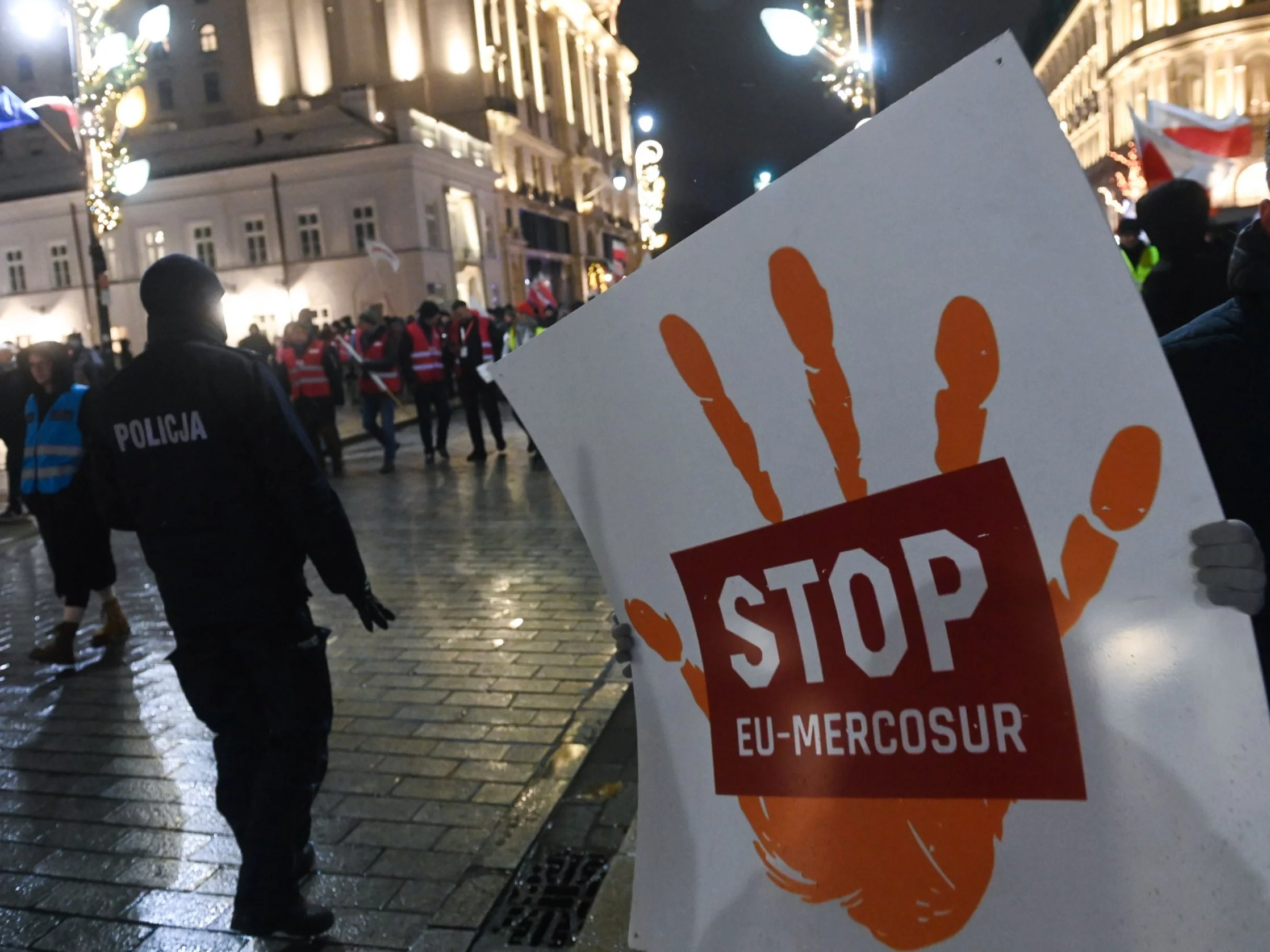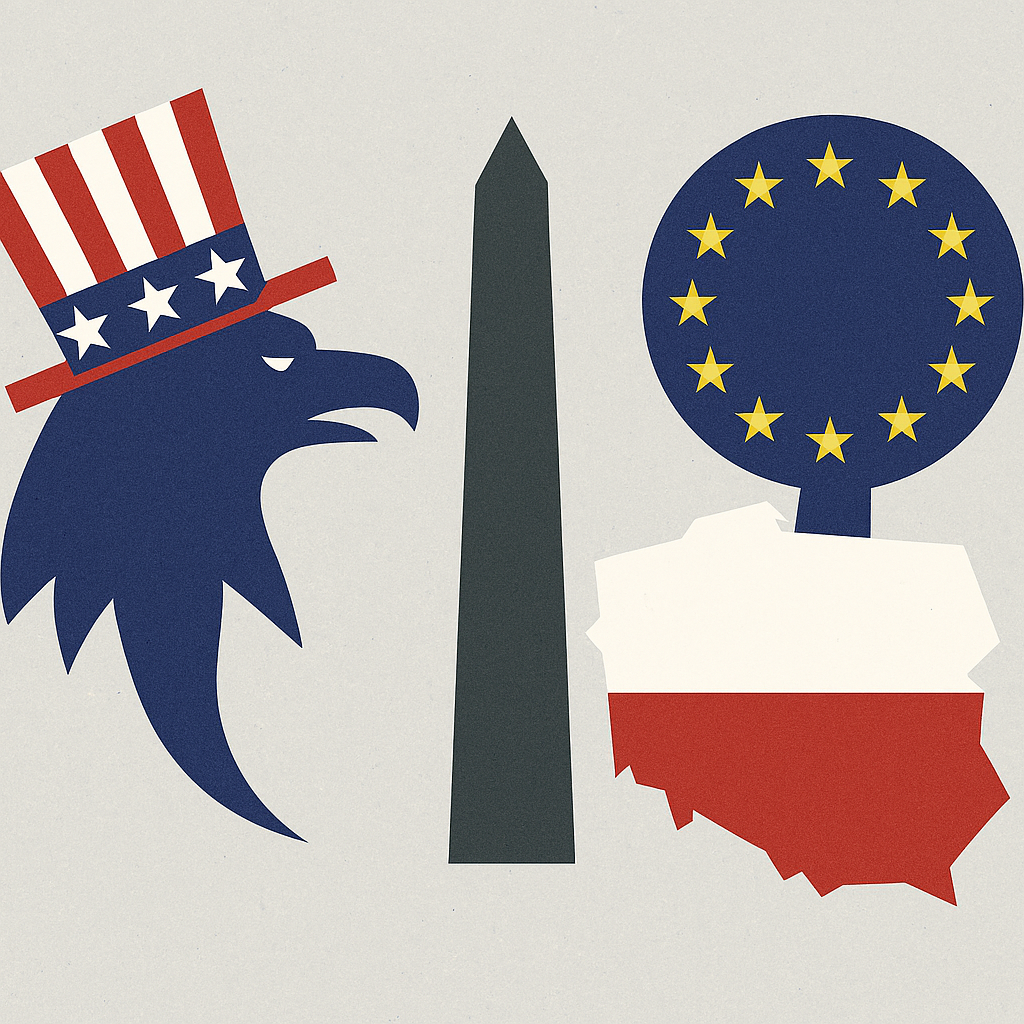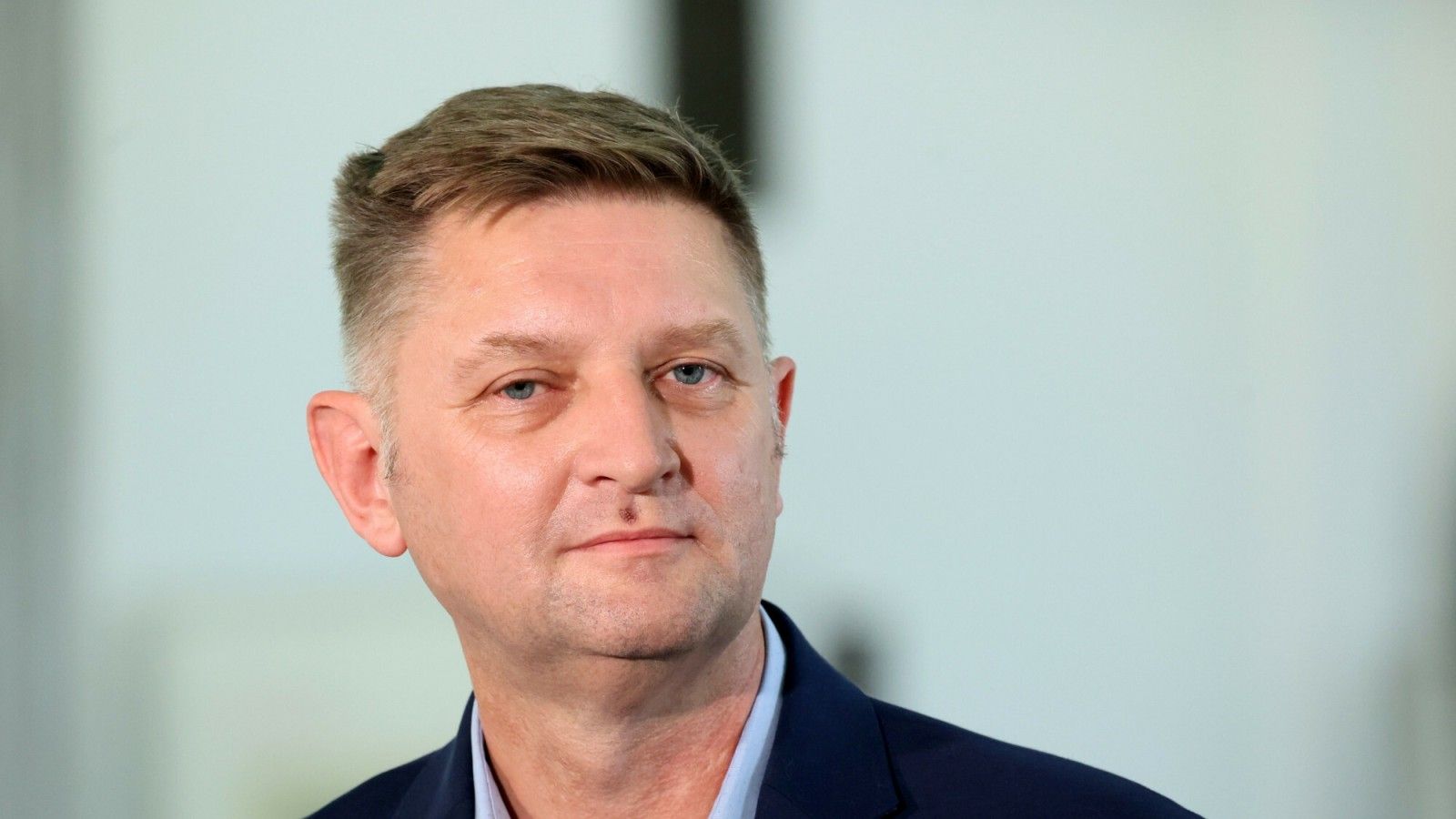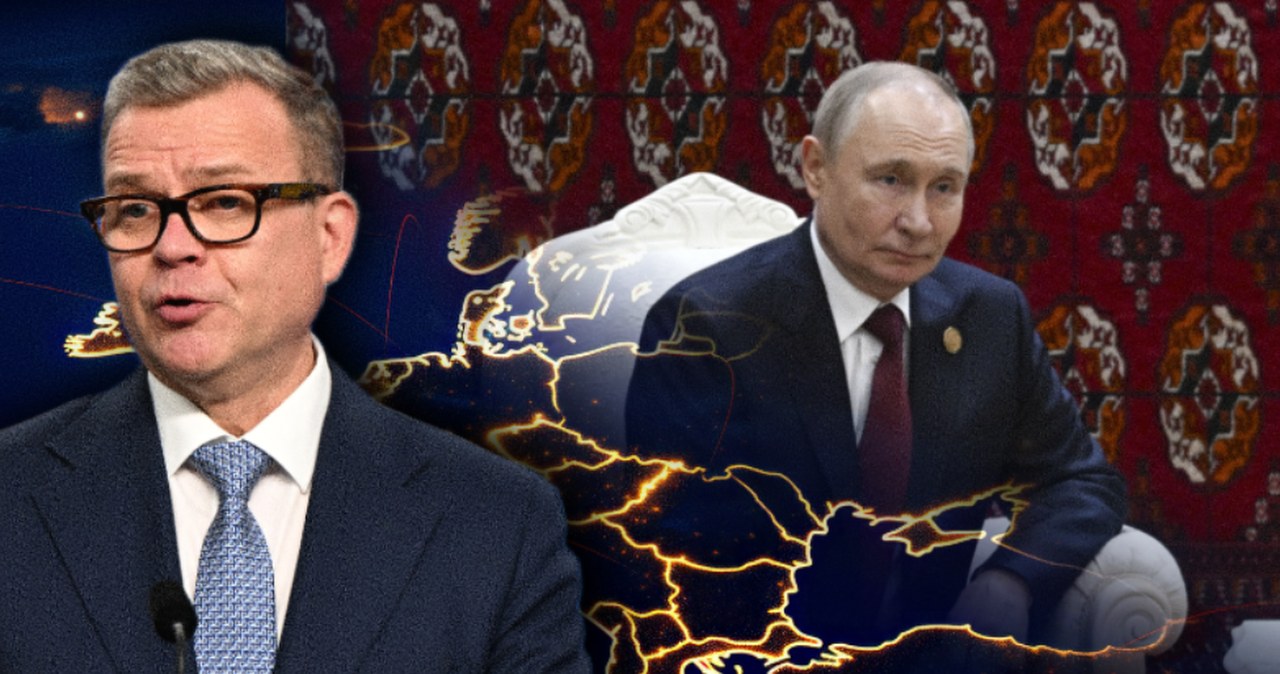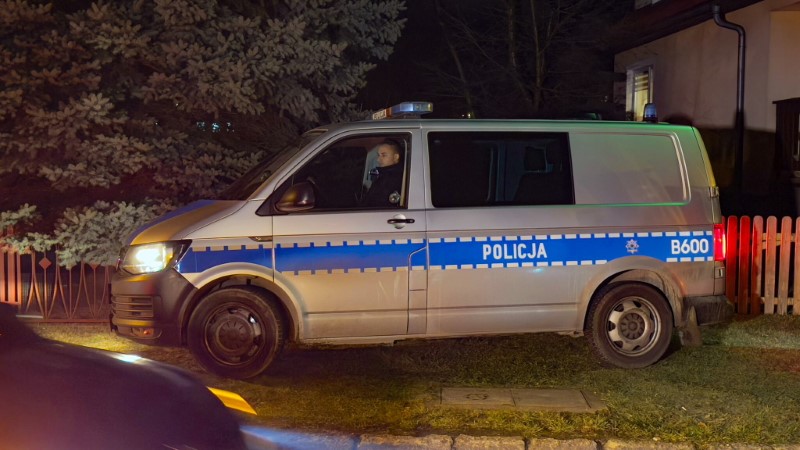In the heart of downtown Quito, tucked in the mediate of Parque El Ejido, amid colonial churches and street vendors selling fruit, stands a bronze bust of Fyodor Dostoevsky. Just 35 metres away, behind a construction fence, a sign announces the June 6th inauguration of the “Diálogo de Culturas” memorial – a tiny tribute to the Ecuadorian poet Medardo Ángel Silva and Russian poet Alexander Pushkin. Meanwhile, thousands of miles distant in Brazzaville, Republic of Congo, the Soviet-era Russian Cultural Centre now bears a mural of Pushkin and his great-grandfather. Far from Moscow, these quiet symbols of Russian culture rise a question: what is Russia doing here, and why now?
Political mythmaking

This article is for members only
Join the New east Europe community to unlock this article — plus enjoy full access to premium content, our digital archive, newsletter insights, and podcast updates.
BECOME A MEMBER!
Already a member? Sign in to read the full article.

